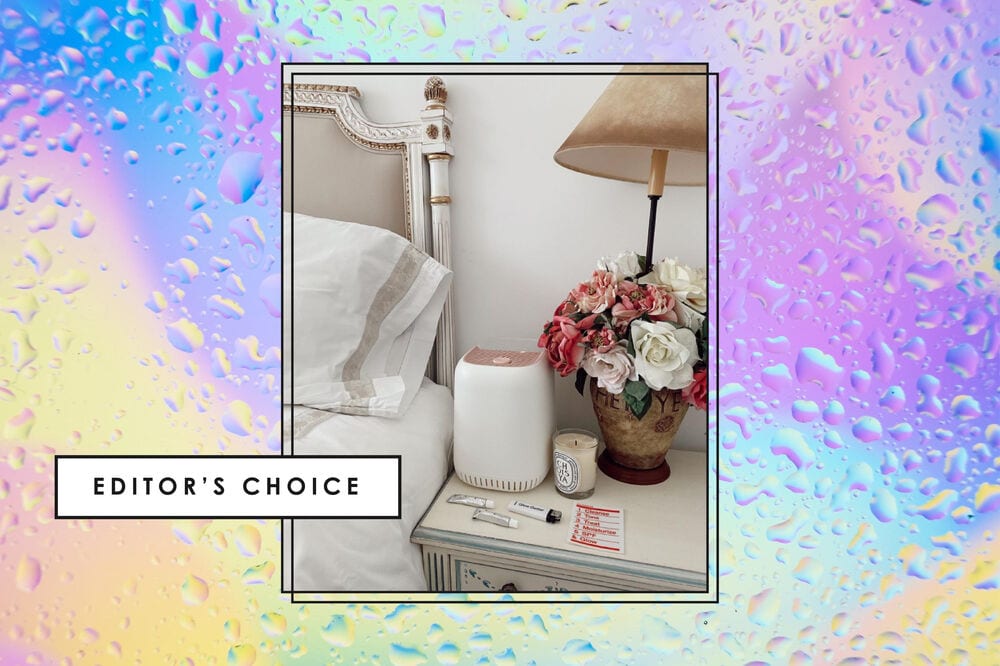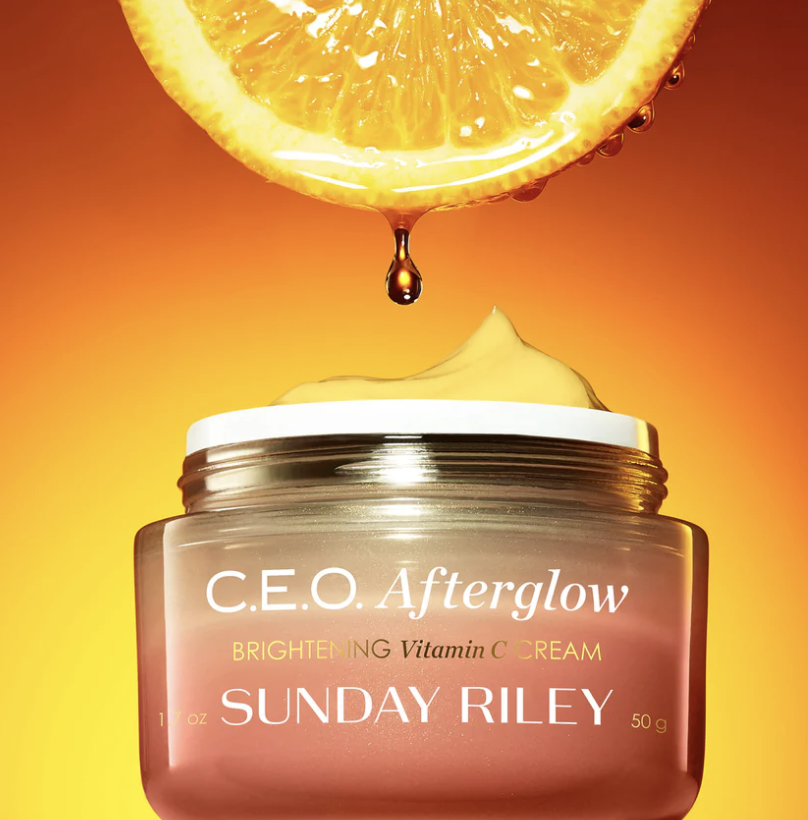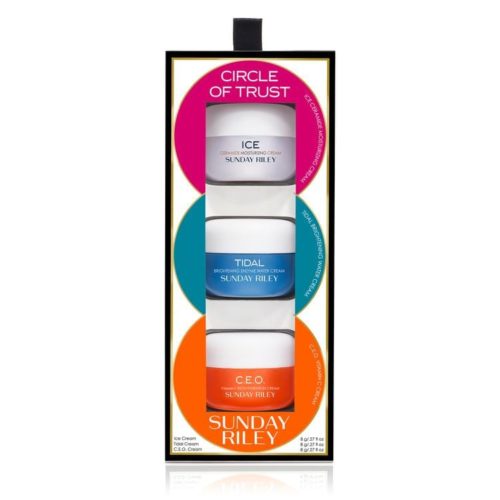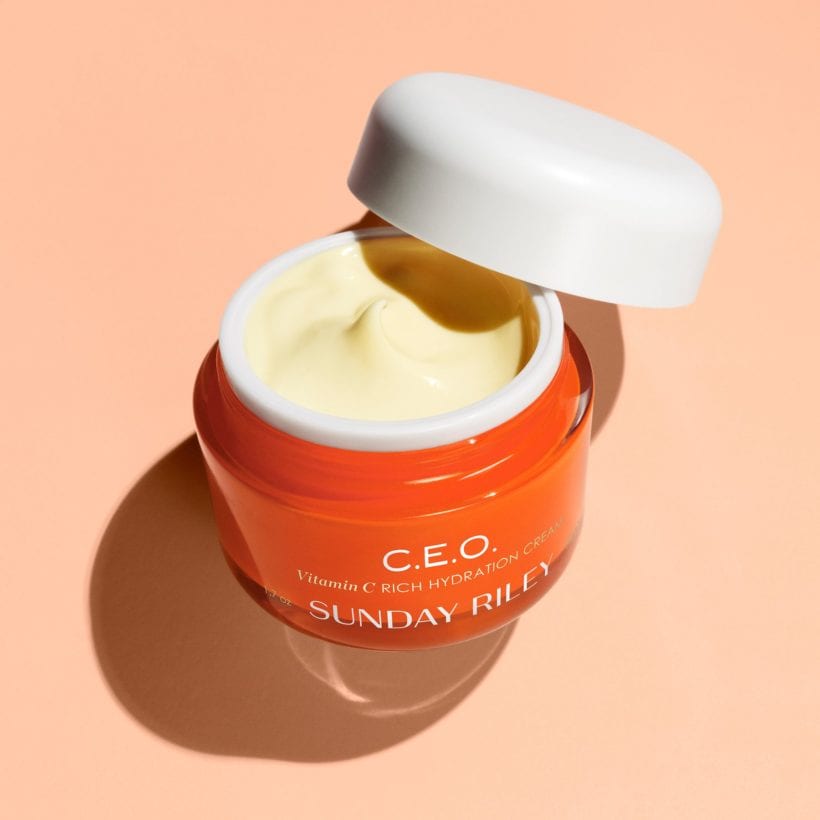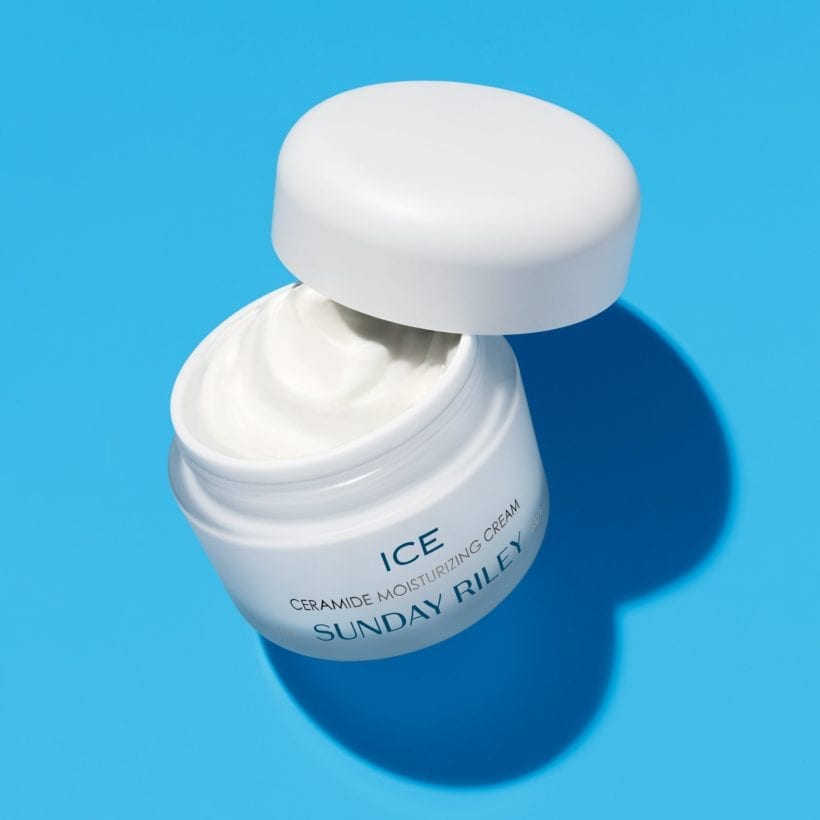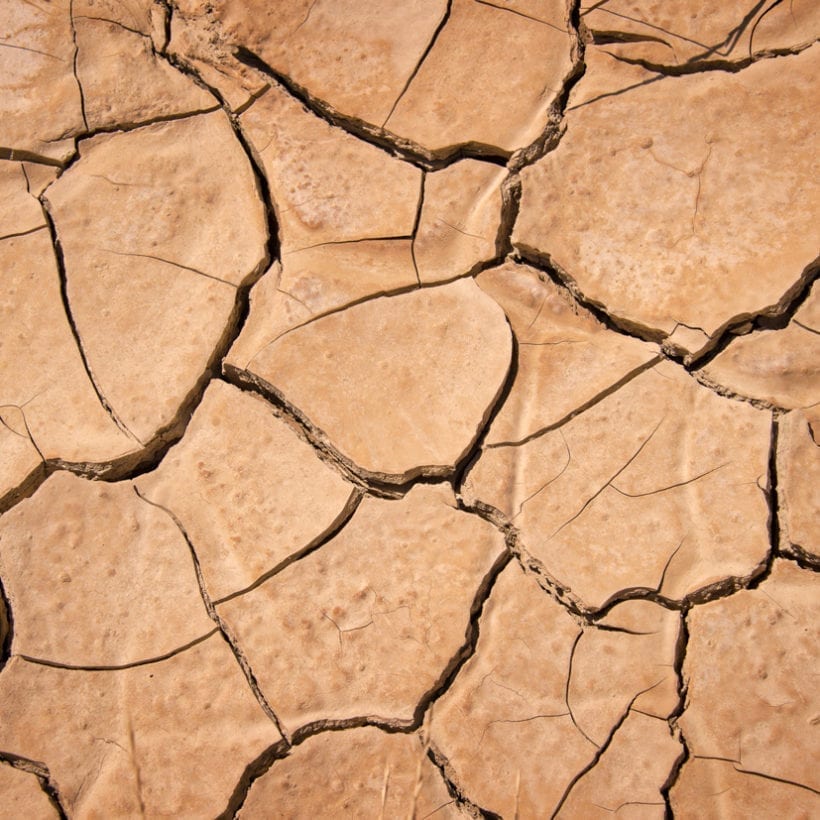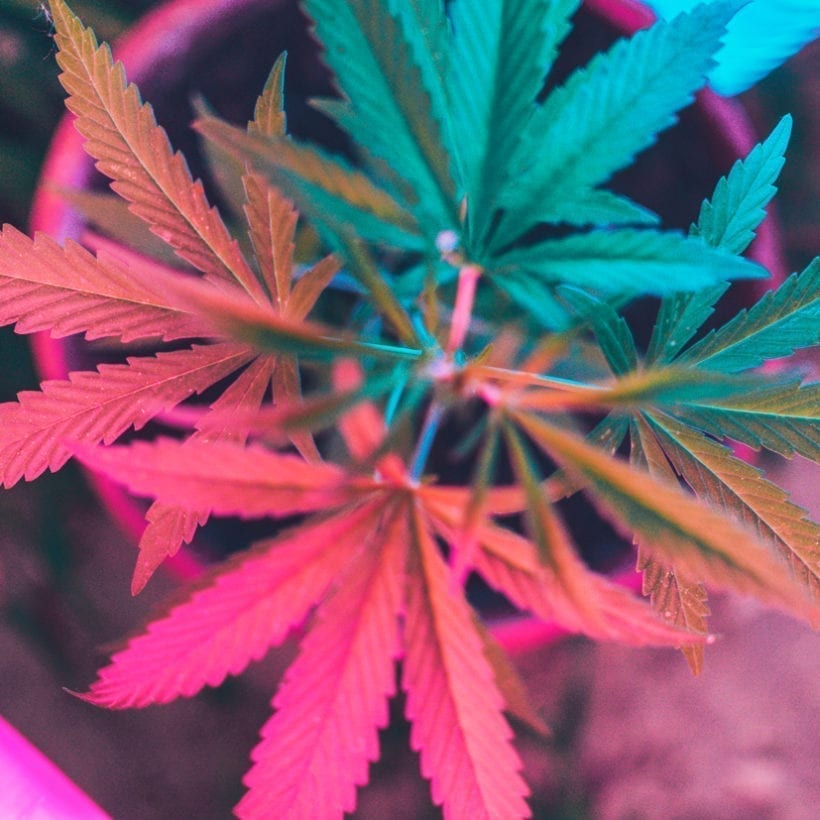Use a humidifier,” my derm says to me year after year to help my sensitive, thirsty, eczema-prone skin. File that under universal advice that you know’s good for you (like wearing sunscreen every day), but for whatever reason, many people don’t put it into practice.
Now that winter is in full force, “the cold air means there’s less moisture in the environment,” says Dr. Dendy Engelman, board-certified dermatologist of Shafer Clinic. Environments that lack moisture actually pull that moisture out of our skin. The effects of winter don’t end there: “The increased use of indoor heating can be drying on the skin. The extremes of temperatures being very cold outside and hot inside in addition to other factors, such as hot showers, can disrupt the skin barrier and strip away the skin’s natural oils. When this happens, the skin not only gets dry and flaky, it can actually increase oil production to try to compensate, which can leave people struggling with breakouts as well,” adds Marisa Garshick, MD FAAD, board-certified dermatologist of MDCS Dermatology and the Assistant Clinical Professor of Dermatology at Cornell.
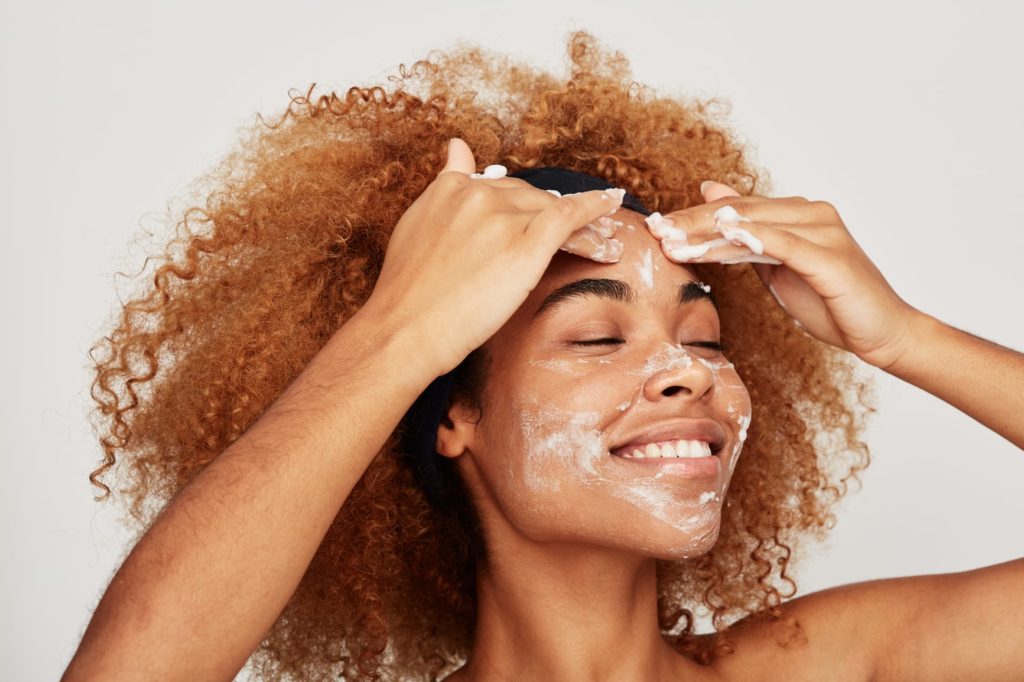
“When the skin barrier is compromised, it can no longer effectively combat environmental, inflammation, and oxidative stress on the skin which will all lead to rapid aging,” says Engelman.
Increasing humidity is shown to also help asthma or allergies, especially during a cold, according to the Mayo Clinic. And specifically during our quarantine times, it’s helpful to know that studies show a virus is less likely to thrive when humidity is between 40 to 60 percent.
For me, I’ve found it hard to commit to humidifiers because they were impossible to keep clean (sound familiar?). Dirty humidifiers are breeding grounds for bacteria and especially after I had a baby, I was worried about the risk. I didn’t have the time or energy to add worrying about mold to my mental load.
Below, the pros help make the case for everyone to use a humidifier to get their skin to look its best:
How does a humidifier help combat the drying effects of the air that topical skincare products alone can’t do?
Moisturizer is definitely helpful, but it can only do so much when dry air is constantly zapping water from your skin. “A humidifier does not replace topical skincare products as the moisturizers and serums are not only trying to add moisture back into the skin but also use ingredients that help to support and strengthen the skin barrier to prevent moisture loss and can also provide an occlusive effect to help seal in any moisture. For someone who is using moisturizers and still experiencing dryness of the skin, a humidifier is a good option as well,” says Garshick.
What’s the ideal pH level of your skin and how does a humidifier help maintain this?
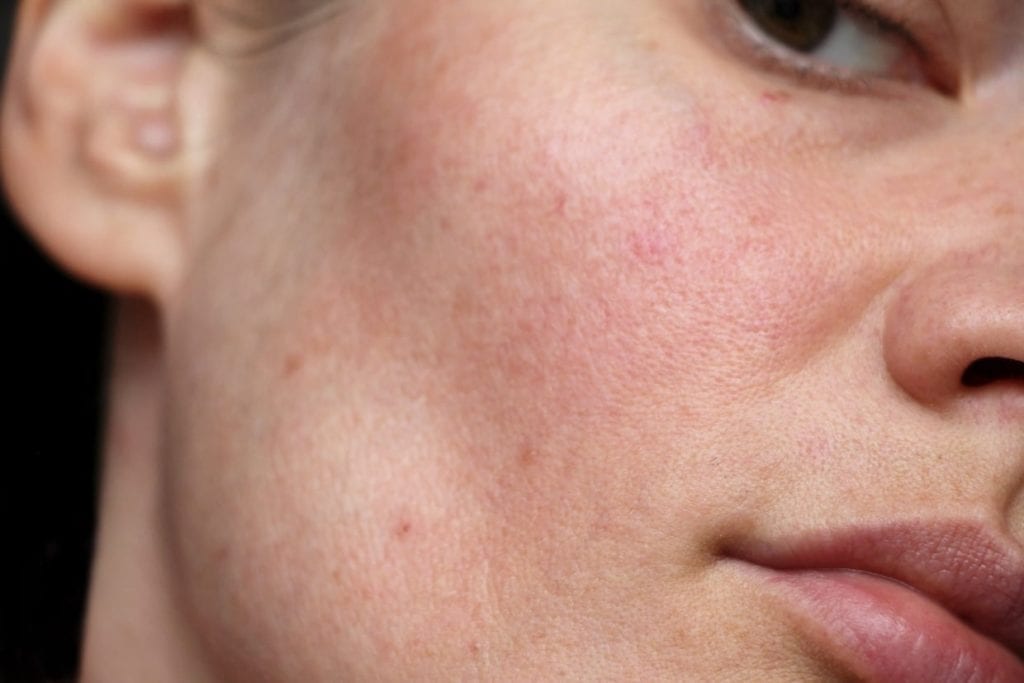
Out of a possible pH range of 0-14, “the ideal pH for your skin is 5.5, which is slightly acidic,” says Garshick. When your pH is off-balance, it can lead to a disrupted skin microbiome: “If it’s too alkaline, it will cause dryness, redness, irritation and a tight feeling. If it’s too acidic, it can also cause redness and irritation because the skin is being overworked. Humidifiers can help us to keep our skin from getting too alkaline,” adds Engelman.
How long does it take for you to see a change in your skin when you use a humidifier?
For some, you could probably wake up after leaving it on overnight and immediately tell a difference. But it’s all about consistency: “Six to eight weeks of usage is a good general time frame to see positive effects of your humidifier.” For ideal results, the humidity in your house should be somewhere between 30 to 50 percent (you can measure it with a hygrometer if you’re super curious).
What are some other surprising ways a humidifier can benefit you?
Though not a cure-all, it’s possible a humidifier can help maintain the moisture of your scalp (remember, your scalp is skin, too!), especially since you can’t slather on a moisturizer like you can with the rest of your body.
A humidifier can also help you sleep more soundly, particularly if you’re a “hot” sleeper. “This is because our body’s hydration rebalances why we sleep. It’s why sleeping is like a restart for your skin, however, if you’re sleeping in a low humidity environment, then you could be losing moisture as your sleep,” says Engelman. “Humidifiers are supporting your skin health when it’s in that natural, active stage of repair when you rest,” she adds.
What benefits does a humidifier have on your skin when you don’t live in low-humidity weather? Or when the seasons change?
Most people find humidifiers useful during cold, wintery climates where the air is naturally dry. “Humidifiers can still be helpful, especially those with sensitive skin, even if you live in a warmer climate year-round,” says Garshick. “Although you could live in a humid and hot environment, air conditioners can leave the air inside your home dry. For this reason, a humidifier can still be helpful to put clean moisture back into the air during hot weather months.” Spring and summer months are also a prime time for allergy season: “Humidifiers can help reduce allergy symptoms in some individuals if they’re cleaned properly,” says Garshick.
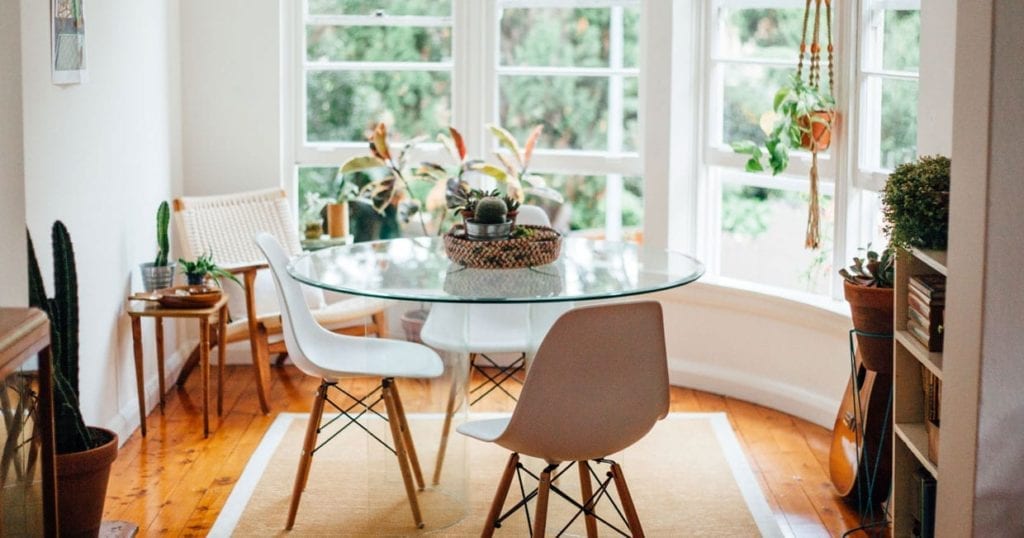
If you suspect that your indoor air is already humid, use a hygrometer to determine whether or not you’re over that recommended 50% humidity threshold. If so, too much moisture could have negative impacts, like mold growth, on your home and health. (In that case, a dehumidifier is your friend.)
Where should you keep your humidifier?
“In general, humidifiers can be placed wherever you spend most of your time. For larger homes, you may opt for one in the bedroom and one in the living room. With people spending more time at home for work as well, it makes sense to consider one for a home office where you’re occupying most of your day,” says Garshick.
Editor’s Pick
Canopy Humidifier ($150.00). It’s the first-ever self-cleaning humidifier to help my “mom brain,” as well as my tired-looking and dry, er, mom skin. It uses a filter (which needs to be replaced about every 45 days) that captures bacteria, dirt, and unwanted minerals to add clean moisture to the air.
The evaporative technology (as opposed to ultrasonic where you physically see the fine mist) uses a fan to circulate the water through the filter and into the air. This system means that it’ll continue to evaporate the water inside the humidifier until it’s completely dry so that mold won’t grow on leftover water.
It also features an LED light inside the device that kills 99.9 percent of germs and viruses. The other thing that’s major is that it’s dishwasher safe — saving me from one less thing to hassle over when I’m chasing a toddler. Plus it has a small, chic footprint. The aroma diffuser option is an extra bonus.
Since I’ve been using my bedroom as my home office during quarantine, keeping my Canopy in the bedroom was an obvious choice and led to faster results as I was spending 20 hours a day in the same room. After just a few days, I felt like the skin on my face was plumper, and the air I was breathing in felt “crisper.” After four weeks, I noticed that even my hands (which are constantly dry — I’m an overwasher), felt more comfortable and less cracked. When I’m chasing after a toddler, thankfully dry skin is one less thing to think about.
We only recommend products we have independently researched, tested, and loved. If you purchase a product found through our links, Sunday Edit may earn an affiliate commission.
